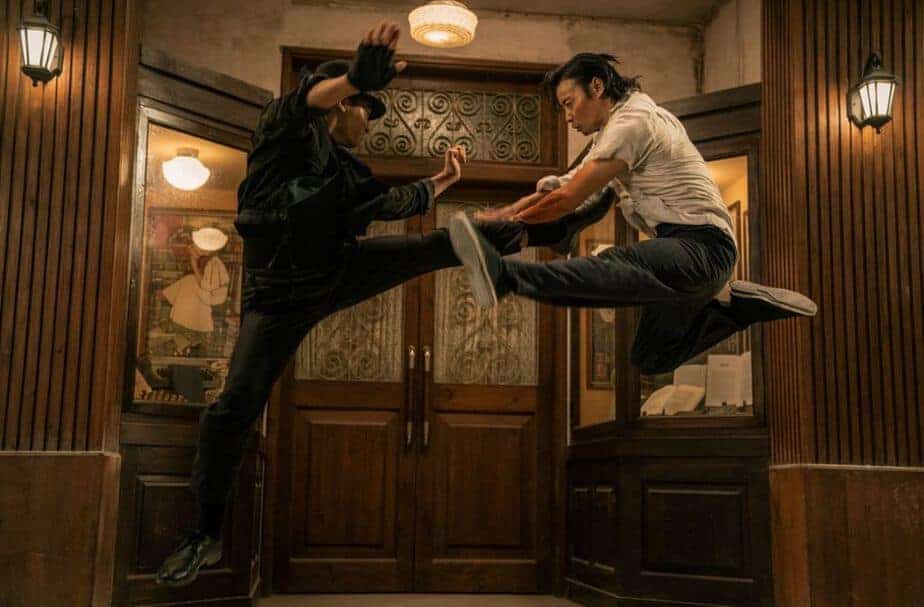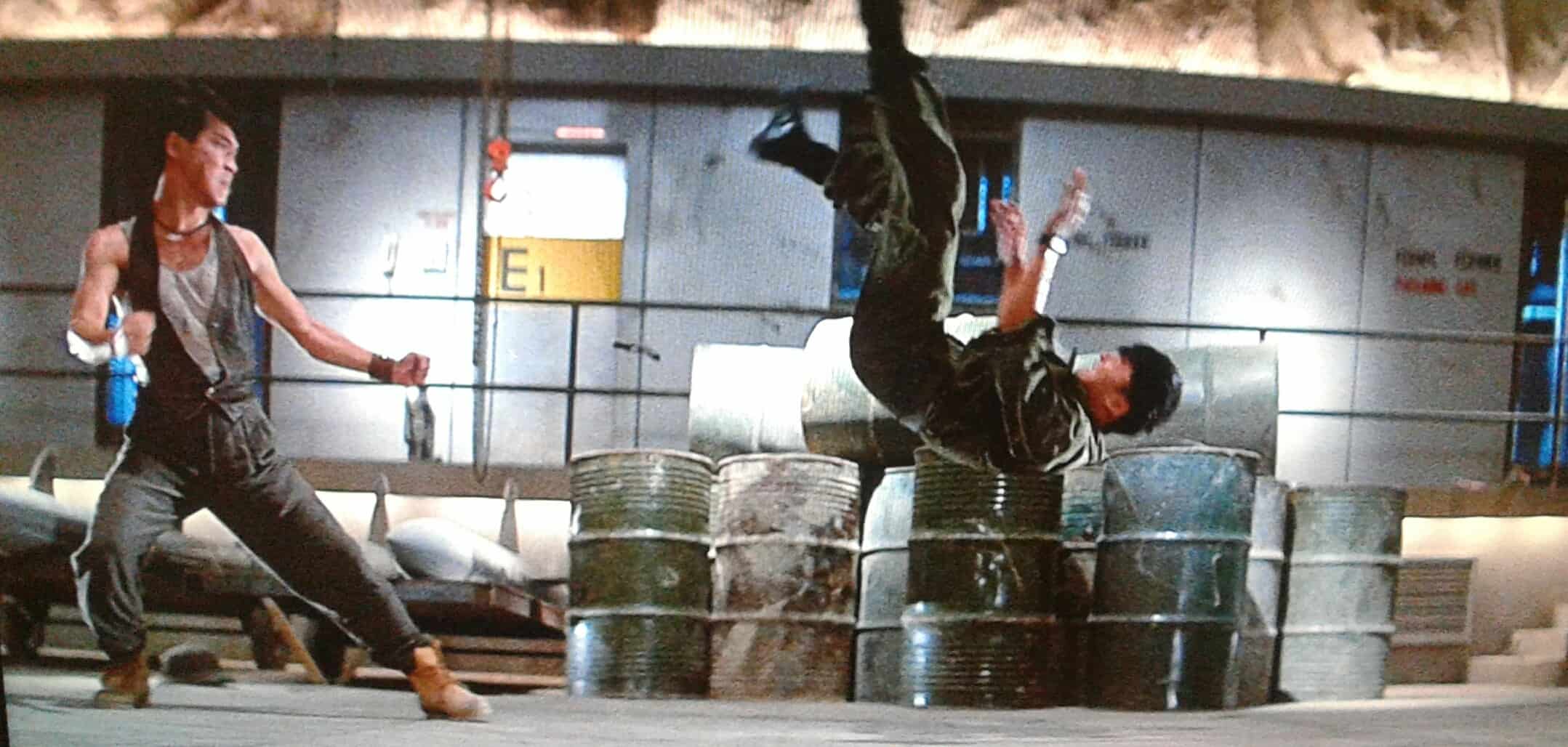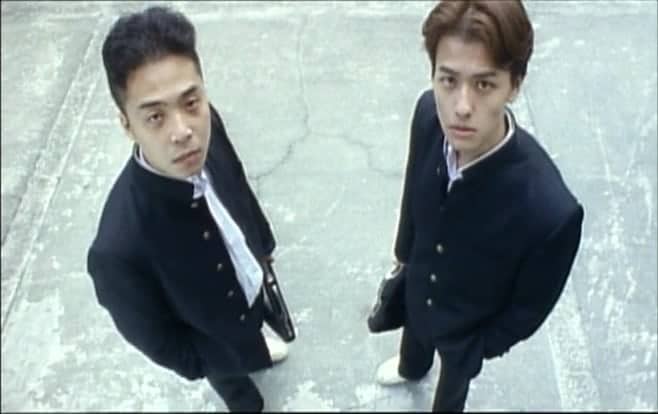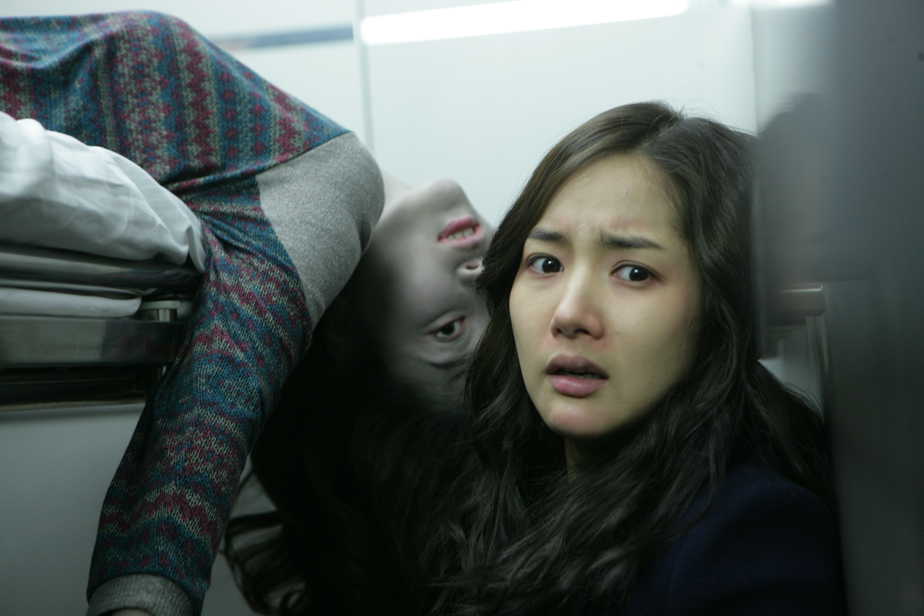Ever since his fight against Ip Man, former martial arts master Cheung Tin Chi (Max Zhang) lives a quiet life with his son owning a small grocery store. However, as he defends a girl against the gang of Tso Sai Kit (Kevin Cheng) this life is no longer an option for him and his son, as they are now in the middle of an internal fight of a Chinese crime syndicate for power over the city. Led by Tso Ngan Kwan (Michelle Yeoh), the majority of the triads aim to become legalized while a small fraction led by her brother Tso Sai Kit aims to strike deals with the British invaders, securing wider control and profit for them.
When this alliance threatens their lives and the local community, Cheung Tin has to use his skills to defend his friends. However, as he will soon find out, the enemy is much greater and more powerful than he could have imagined since he not only has to battle a crime syndicate but the local authorities and corruption as well.
“Master Z: Ip Man Legacy” is screening at
Fantasia International Film Festival

As soon as the opening minutes of the latest installment of the “Ip Man”-franchise start, we have all the ingredients of the kind of martial arts entertainment you would expect. Directed by veteran filmmaker Yuen Woo-ping, who also helmed iconic works like “Drunken Master” (1978) and “Snake in the Eagle's Shadow” (1978), “Master Z” feels like a throwback to the golden age of Chinese martial arts cinema. Similar to the other films of the series, the film has a lot of cameos and an international cast featuring Michelle Yeoh, Tony Jaa (as an assassin) and Dave Bautista playing a rather dubious restaurant owner linked to the crime and corruption in the city.
Although many will likely focus on the stunts and fight choreography, you should also acknowledge the magnificent design choices made in the series. Like past installments, “Master Z” shows a particular version of the Chinese urban landscape which often feels more like a stage than an actual place. The colors, the costumes and the dialogues embody this particular blend of (historical) reality and fantasy, making this film share some common ground with works like “Kung Fu Hustle”. Especially the scenes in the nightclub where Cheung Tin later works as a waiter have a certain noir flair to them, a heightened reality fitting to the kind of exaggeration and stage-like feeling a film like “Master Z” is after.

However, all of this is an elaborate background to the various fight scenes taking place. Given the talent involved behind and in front of the camera, any fan of the genre has every reason to have a particular set of expectations for “Master Z”. In this regard, Yuen Woo-ping does not disappoint his audience, for every fight is excellently choreographed and photographed, making it difficult to pick a favorite, even though the focus is clearly on the fights between Zhang and Tony Jaa, Dave Bautista and Michelle Yeoh.
At last, there is the change from Donnie Yen to Max Zhang as the center of the film. Considering the background of his character from “Ip Man 3”, Zhang plays a character who feels ashamed due to a moment of weakness, as he perceives it. Much like Yen's character he becomes a hero, not necessarily for his skills in martial arts, but for demonstrating resistance and the wish to live a normal life during a turbulent time.
“Master Z: Ip Man Legacy” is a film about the point of fighting and resisting, the realization that fighting is not always about winning but showing courage and strength. Featuring fantastic fight choreography, editing and a great cast, “Master Z” will likely continue the success of the series, which has a become a trademark for the many qualities of Chinese cinema, in particular martial arts films.















